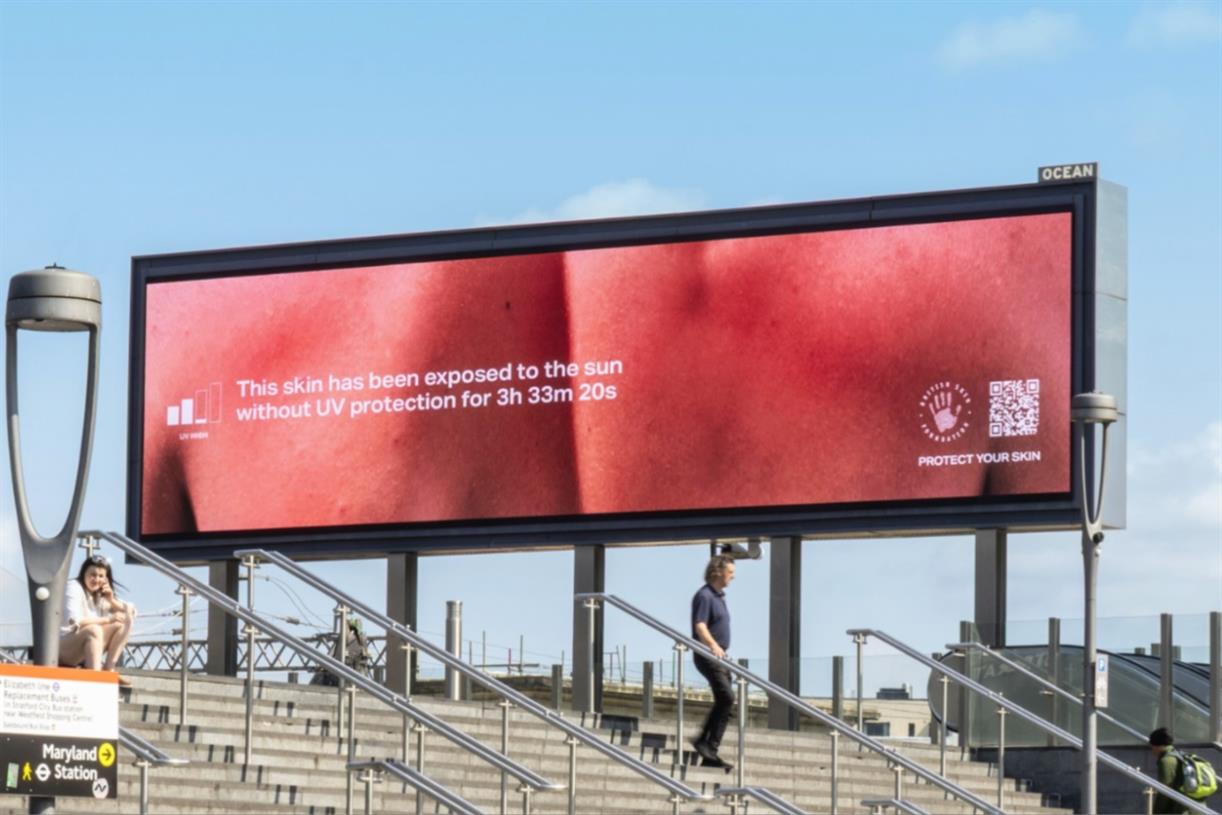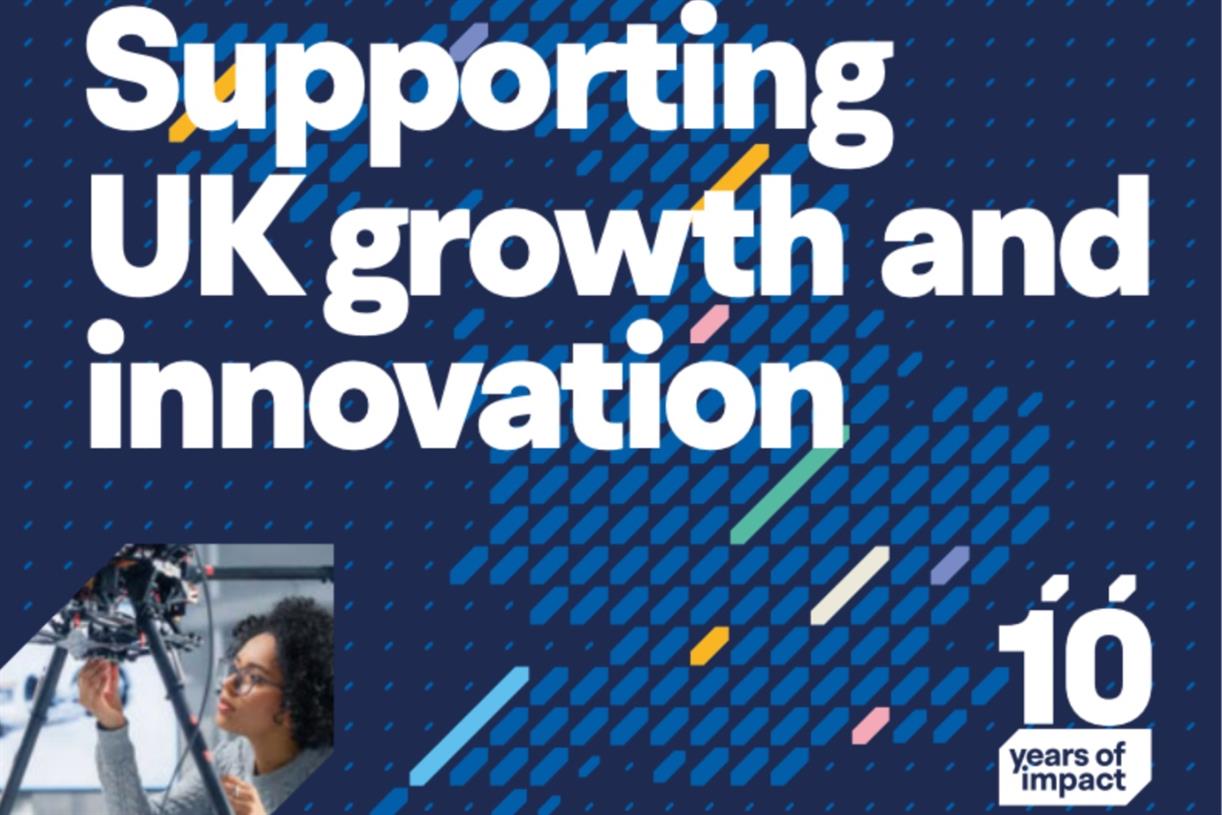‘Undesirable’ Facebook content has prompted legal action from Malaysia against Meta
The government of Malaysia has threatened to file a lawsuit against Facebook’s parent company, Meta Platforms, for failing to remove illegal or inappropriate material from Facebook. The Malaysian Communication and Multimedia Commission (MCMC) is worried about hate speech, harassment,...

The government of Malaysia has threatened to file a lawsuit against Facebook’s parent company, Meta Platforms, for failing to remove illegal or inappropriate material from Facebook. The Malaysian Communication and Multimedia Commission (MCMC) is worried about hate speech, harassment, and internet abuse. There have been reports of racism, religious intolerance, impersonation, illegal gambling, and fake endorsements. In the past, requesting that Meta remove the objectionable material resulted in delays and inadequate responses.
The MCMC has emphasized the seriousness of the matter and the widespread interest in Meta’s behavior. The commission has decided to take severe legal action to guarantee public safety, citing weak cooperation by Meta as the reason. Malicious cyber actions, phishing, and content that threatens racial harmony and social stability through telecommunications services are met with a zero-tolerance policy by the Malaysian government.
The complex ethnic and religious makeup of Malaysia makes it difficult to find solutions to the country’s problems. Since the nine ethnic Malay dynasties that rule the country carry such symbolic value for the Malay people, it is illegal to speak ill of the royal family in various countries due to sedition laws. The administration is taking measures to stop violence provocation and the loss of public trust.
The Malaysian government’s goal of having web platforms answer for the content they carry is consistent with the legal action taken against Meta. Similar issues were expressed with Telegram, leading to warnings about the app’s reluctance to cooperate with authorities in resolving user complaints regarding criminal activities like the dissemination of pornography, the sale of illicit drugs, and the promotion of fraudulent investments. After allegations of Telegram scams costing Malaysians around 45 million ringgit ($9.6 million) since January 2020, the government has stressed cybersecurity and consumer safety. Telegram settled on working with the police to tackle crime.
It’s important to note that these events coincide with elections in six different states. Prime Minister Anwar Ibrahim’s unity administration, created after a divisive general election in November, relies heavily on the results of state elections despite the federal government’s limited involvement. The National Alliance, a party led by Muslims and supported by many Malay voters, has emerged as a serious challenger to Anwar in the wake of the 2014 election. Social media users are more vocal in their opposition to Anwar’s leadership within the National Alliance.
First reported on Federal News Network

 Kass
Kass 
































